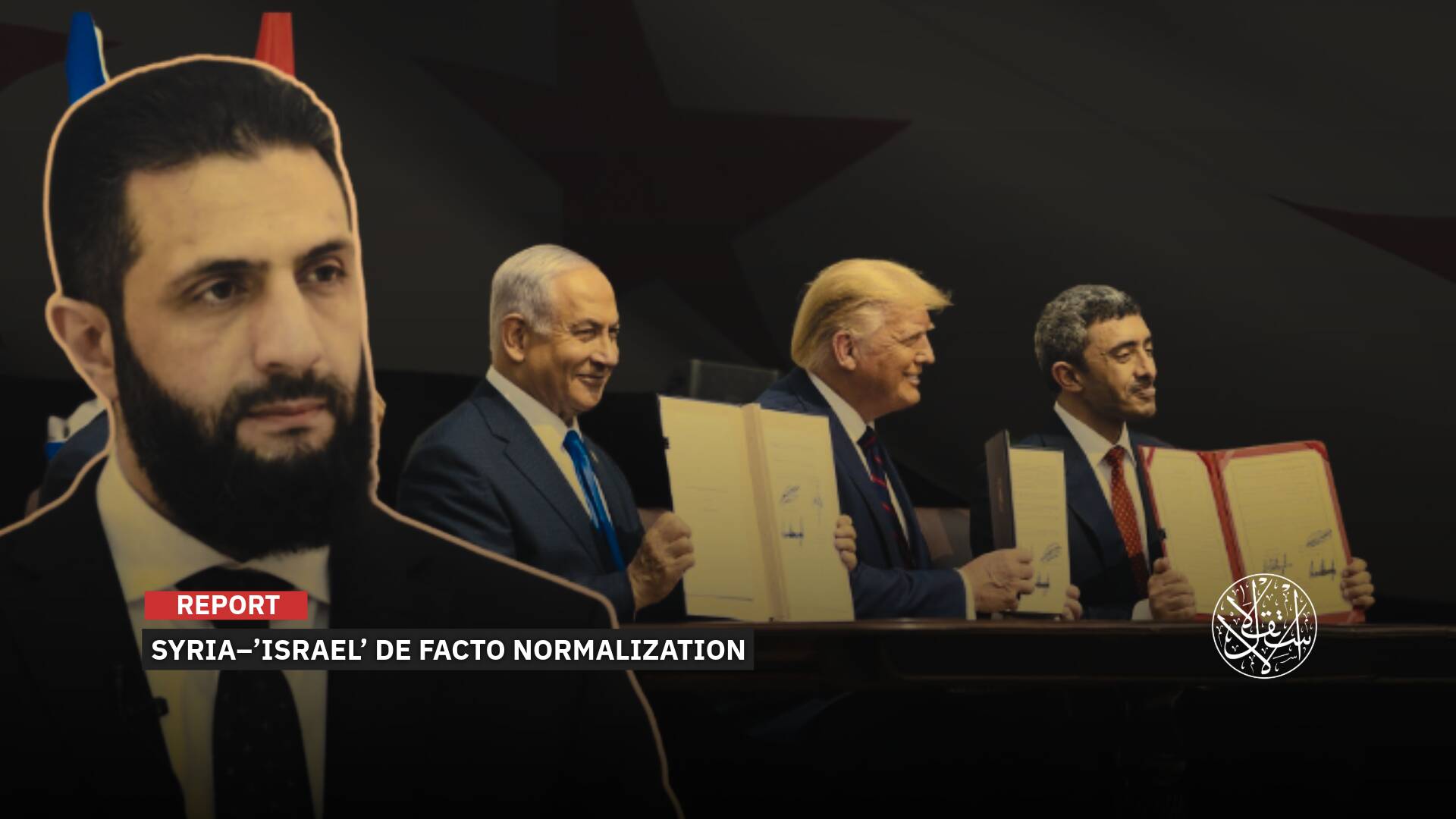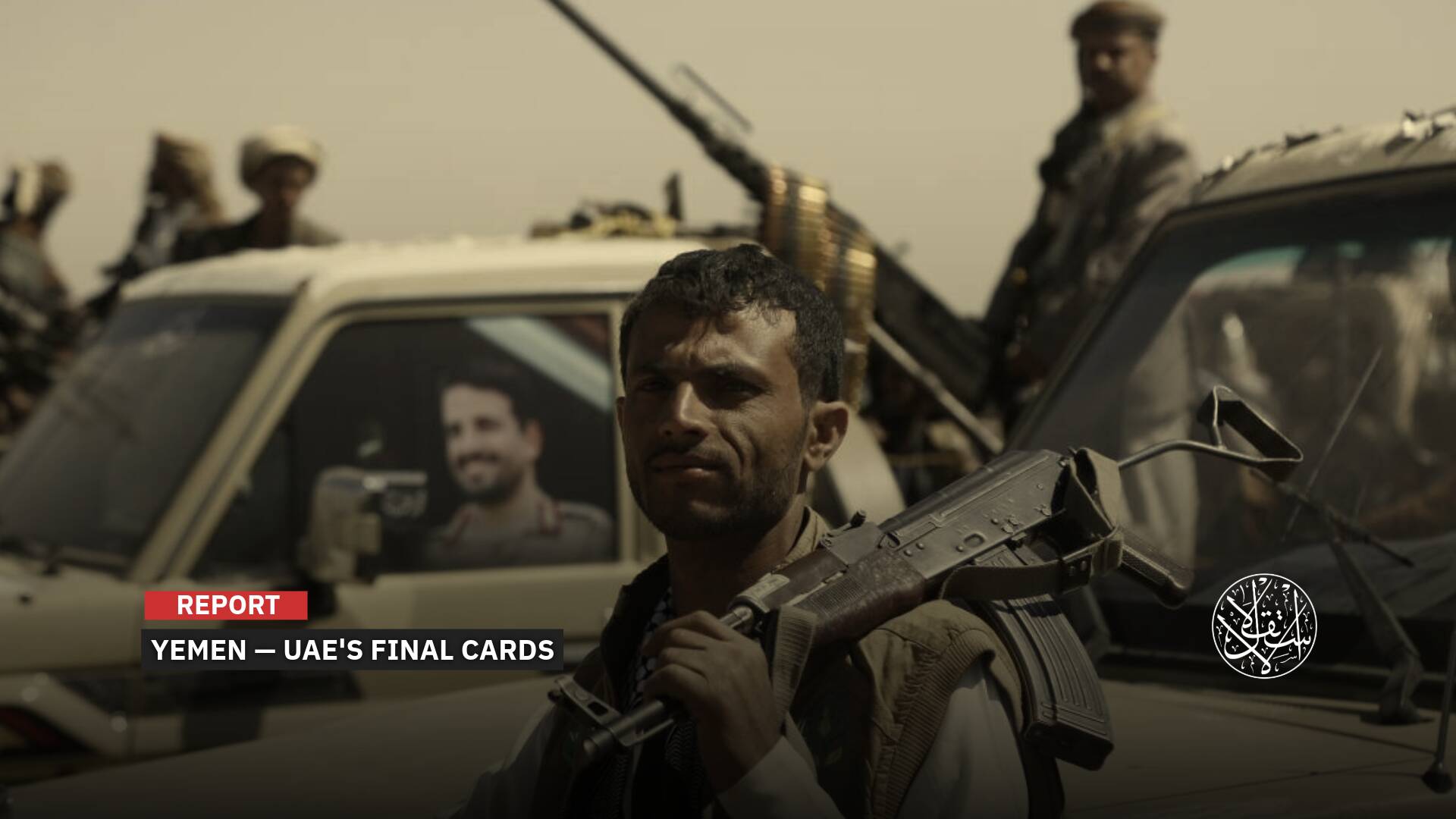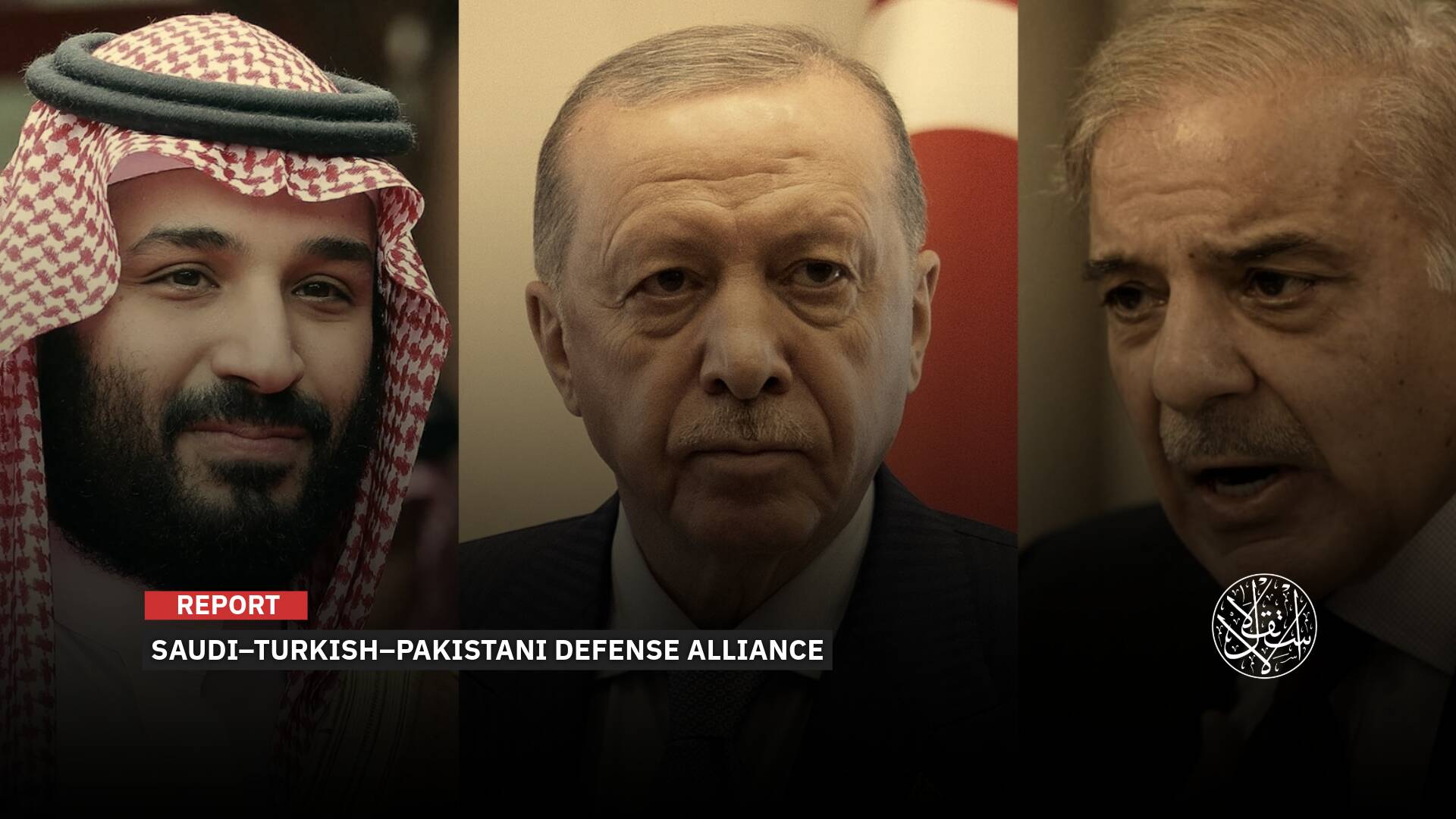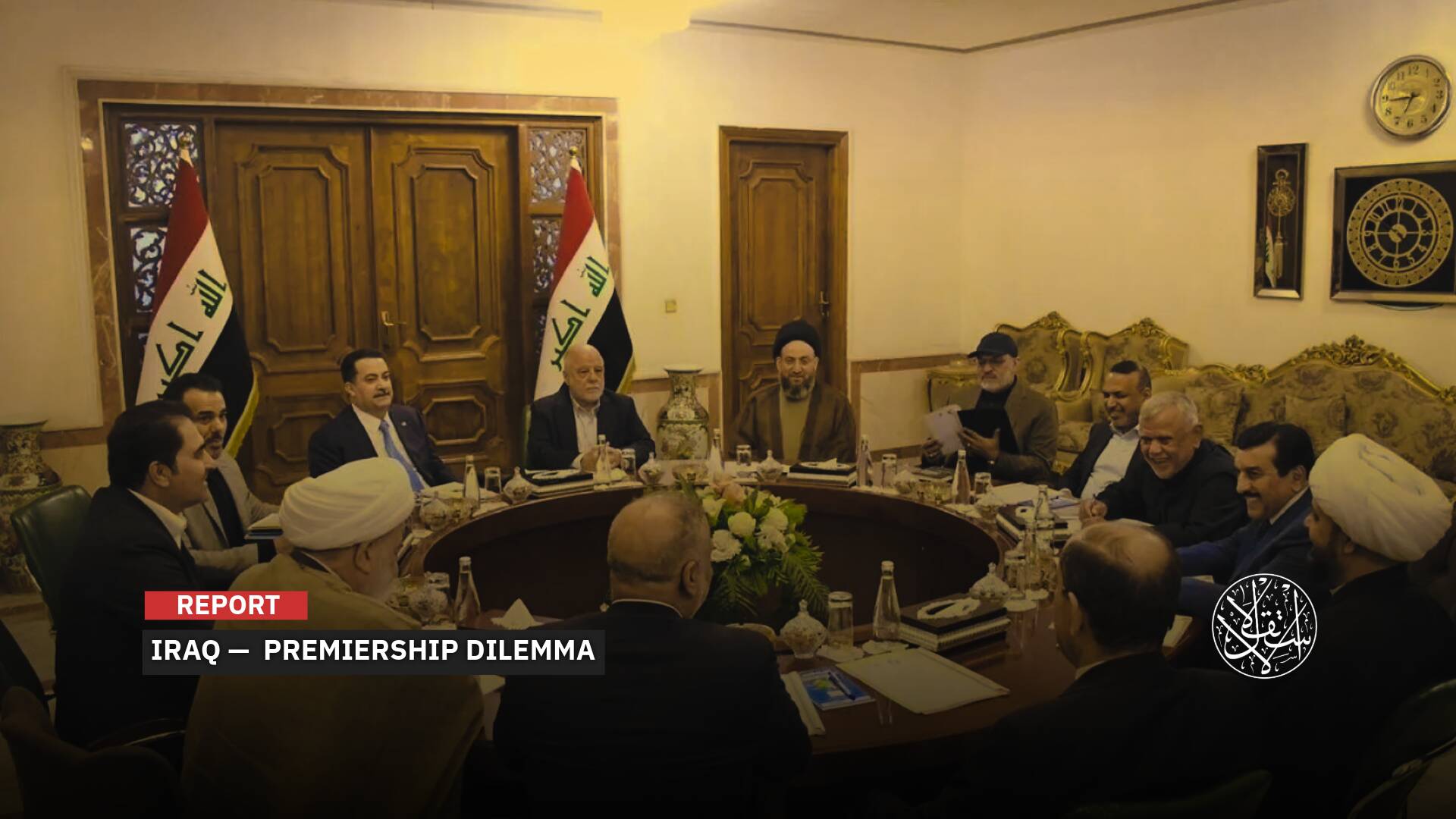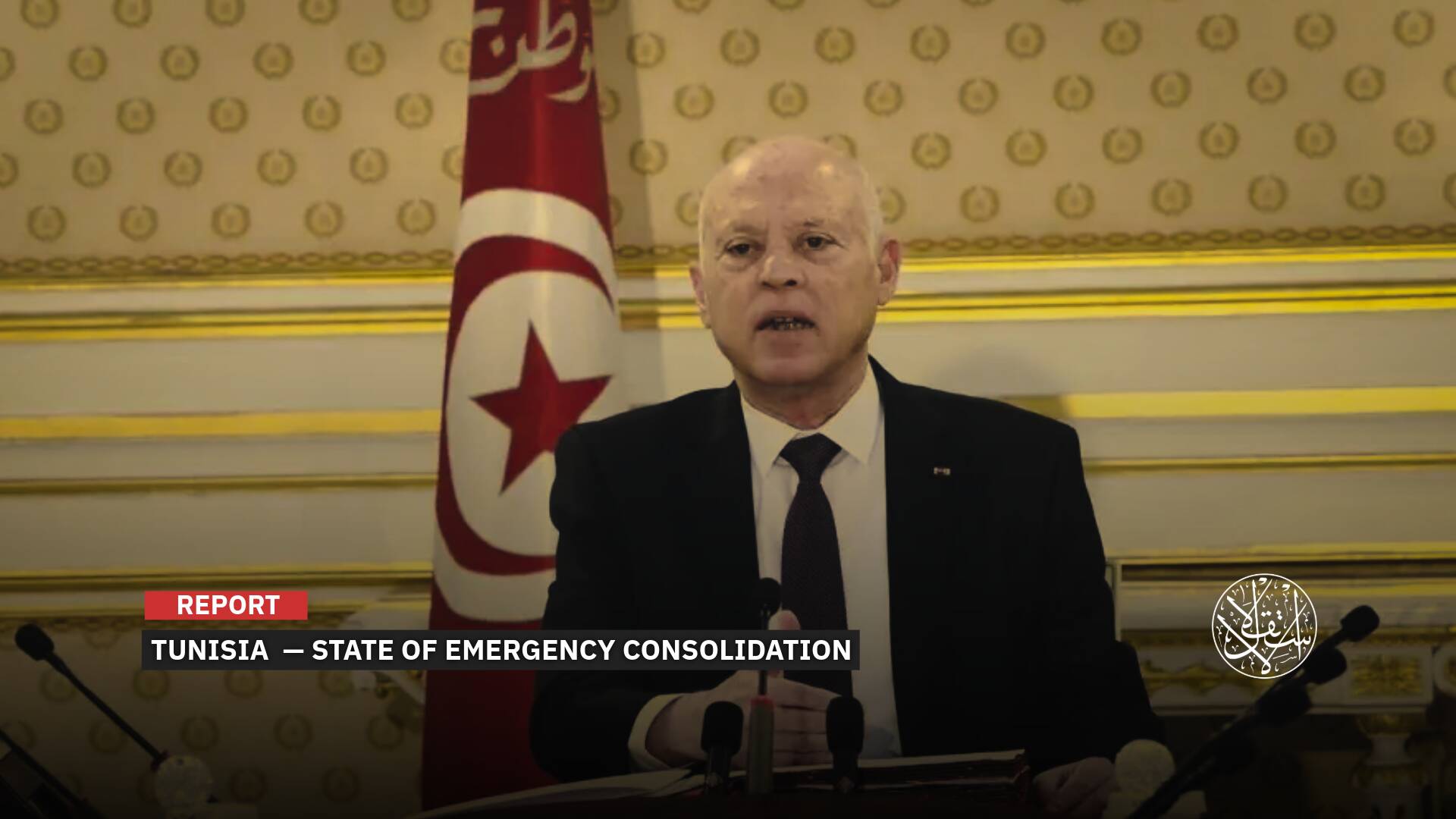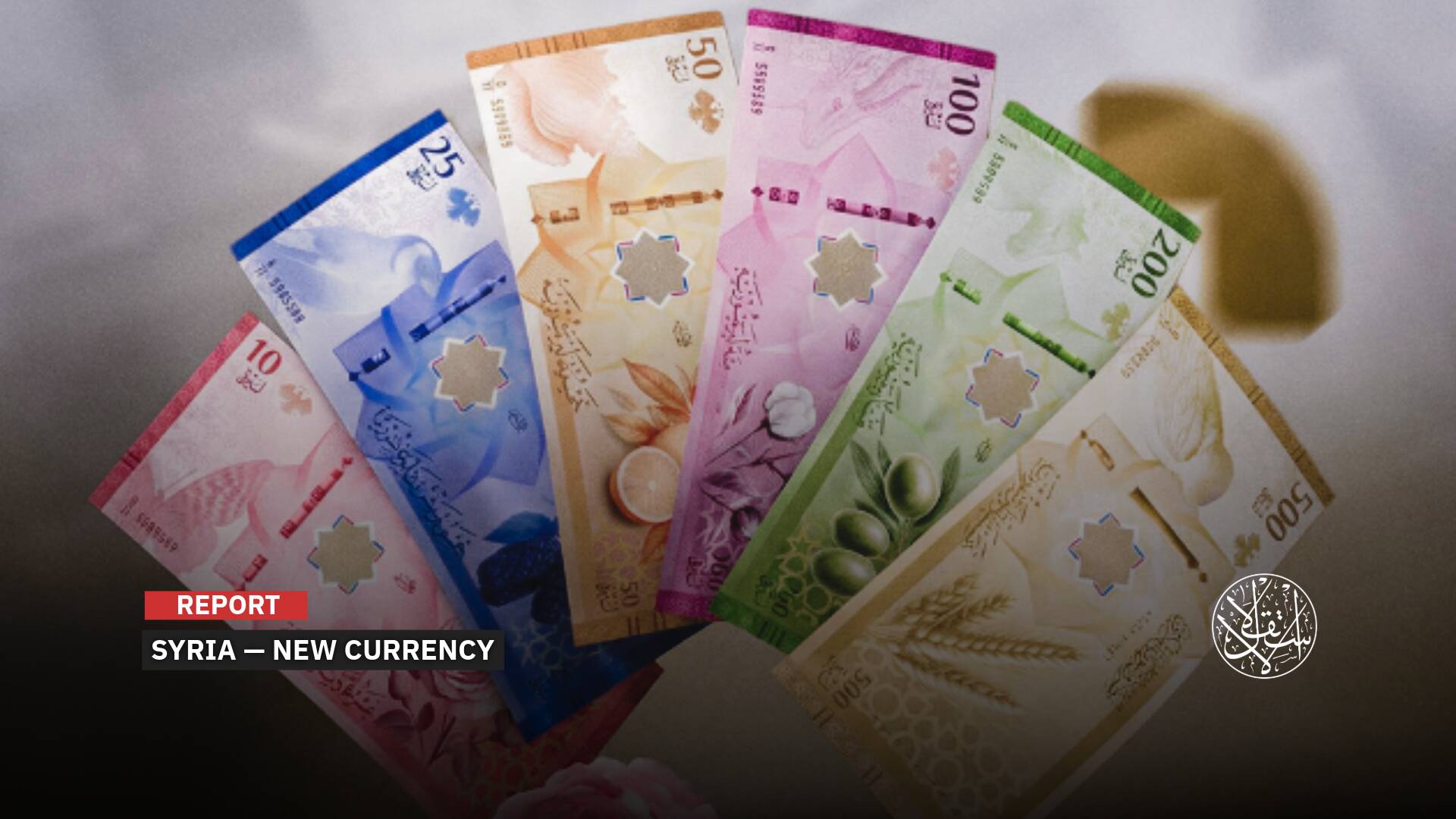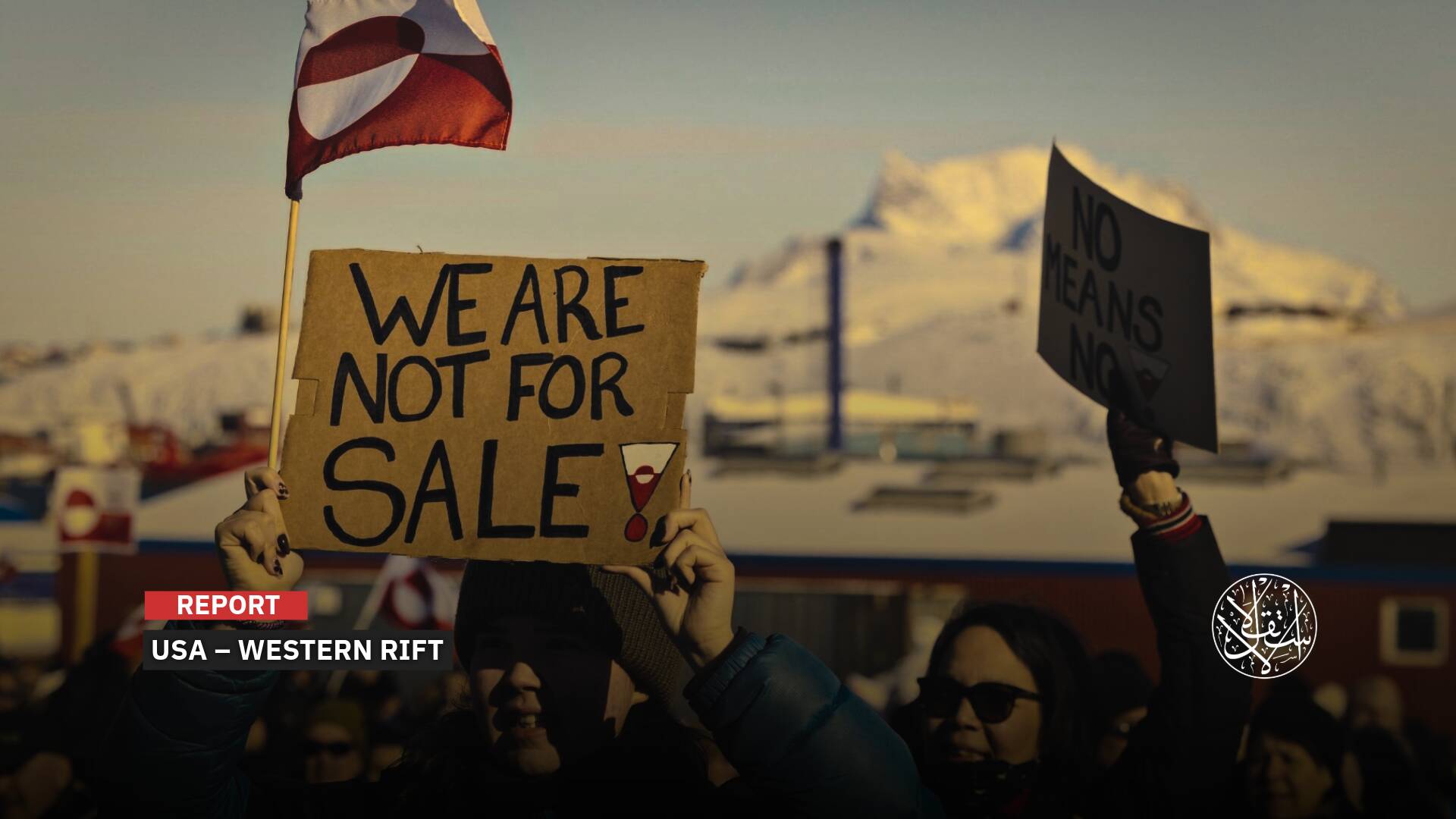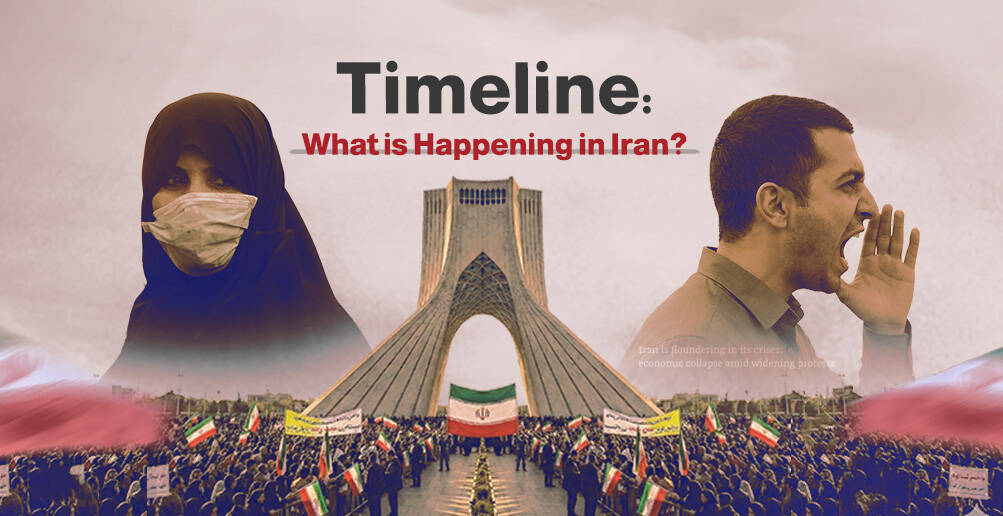How Syrian Refugees in Turkiye Became Electoral Propaganda for Competing Parties

The issue of the return of Syrian refugees to their country concerns public opinion in Turkiye and occupies the largest space in the speeches of politicians and leaders of political parties as well, until everyone became a government and the opposition, almost in agreement on the need to find a solution to the refugee crisis as soon as possible.
According to recent polls, many voters consider the presence of refugees to be Turkiye's second-most important issue after the economy.
Meanwhile, Turkish President Recep Tayyip Erdogan promised the return of one million Syrians voluntarily and housing them in brick houses to be built in northern Syria, Turkiye's largest opposition party is preparing to launch a new campaign to return Syrian refugees residing in Turkiye to their country within two years.
The Turkish opposition continues to exploit the Syrian refugees as a political pressure card to incite the street against the government for a long time, linking the Syrian presence in Turkiye to negative economic variables and calling for the normalization of Ankara's relations with Damascus, and the return of all refugees to their country, even if forcibly.
With the practice of populist rhetoric by opposition leaders, it has recently been observed that the intensity of racism towards Syrians has increased through acts of violence, attacks, and restrictions against Syrians.
The number of Syrian refugees in Turkiye, according to the latest official census, is 3,701,584 Syrians who have been registered under temporary protection status, of whom 97,658 have a tourist and humanitarian residence permit.
Syrians Deportation
The Turkish opposition Republican People's (CHP) Party intends to distribute 250,000 publications in the major Turkish states and those that witness a heavy presence of Syrians, threatening to deport Syrians within two years.
CNN Turk website reported on August 25, 2022, that the CHP, headed by Kemal Kilicdaroglu, prepared a quarter of a million publications in which it promised to return the Syrians residing in Turkiye to their country under the title: We will send our Syrian brothers and sisters within two years.
He pointed out that the focus of the campaign, which will be carried out by the Kilicdaroglu volunteers, will be in the provinces most welcoming to Syrians: Gaziantep, Kilis, Hatay, Mardin, and Urfa, in addition to the major provinces: Istanbul, Ankara, and Izmir.
Kilicdaroglu revealed a new plan to return the Syrians to their country if his party wins the presidential elections next year.
He stressed during the meeting of opinion leaders, heads, and representatives of non-governmental organizations in Ankara, on August 26, 2022, that he was dissatisfied with the presence of Syrians in Turkiye.
According to CNN Turk, Kilicdaroglu stated in several statements that if his party comes to power, it will work to return the Syrians through a four-stage plan, on top of which is the dialogue with the Syrian regime.
The first phase of the return plan for the Syrians, according to Kilicdaroglu, includes sitting with the Assad regime, having a dialogue with it, and opening joint embassies, while the second phase focuses on ensuring the safety of lives and property of Syrians who will leave from Turkiye, under the supervision of the Syrian and Turkish armies and UN forces, as is the case in Cyprus.
Kilicdaroglu referred to securing places for the returning Syrians during the third phase to conclude that the last phase will include businessmen from Gaziantep building their new factories in Syria, thus securing job opportunities for Syrians inside their country.
He also stressed that sending Syrians would be far from racism, claiming that 99% of Syrian refugees in Turkiye would return within his party's plan.

It is noteworthy that on April 29, 2022, Kilicdaroglu presented his vision on the mechanism of returning the Syrians to their country if he succeeded in the upcoming elections and became the country's president.
He also stressed that he has a plan ready to implement this, represented in a reconciliation contract with the government of Bashar al-Assad, and seeking to obtain the necessary funding from the EU to build livable cities in Syria, including schools, companies, factories, and markets for Syrians in their country, according to what the Turkish newspaper En Son Haber reported.
"We are determined to return all migrants and asylum seekers to their countries, starting with the Syrians, without racism, discrimination, and hostility towards anyone," he added.

Electoral Propaganda
In the same context, other Turkish parties, such as the Happiness Party, the Future Party, and the Nationalist Movement Party, adopted Kemal Kilicdaroglu's position on the necessity of returning Syrian refugees to their country.
Many Turkish politicians seek to exploit the presence of Syrian refugees in their country to influence public opinion through false allegations against the refugees, such as receiving aid and salaries from the Turkish state at the expense of Turkish citizens, or spending large amounts of money on them, which has put pressure on the budget and the Turkish lira and caused the absence of services for Turkish citizens.
The allegations promoted by some Turks among members of the Turkish community also include the ease of granting Turkish citizenship and work permits to Syrian refugees, accepting them in universities of their choice for free, and exempting them from taxes, which led to inciting the Turkish street against Syrian refugees.
The head of the Victory Party, Umit Ozdag, had launched a large campaign to collect signatures from Turkish citizens with the aim of expelling the Syrians and returning them to their country.
On his part, Ali Babacan, the leader of the Progress and Democracy Party - who was one of the most prominent names in the government of the Justice and Development Party before it split and established a new party - launched his party's program and vision for the return of Syrian refugees to their country, and the main title of his policy is to sit at the dialogue table with the Assad regime.
Babacan said in a press conference on August 17, 2022: "We do not have red lines. For the sake of our country and in order to secure the return of refugees, we will meet with the Syrian regime, Russia, the US, the EU, and the UN."
The Secretary-General of the opposition Homeland Party, Ozgur Bursali, had also announced during an interview on the Turkish channel ULUSAL on August 16 that "a delegation from the party, including party leader Dogu Perincek, would head to Damascus and meet with President Bashar al-Assad during the coming period."
In turn, the Future party, headed by former Turkish Prime Minister Ahmet Davutoglu, announced through a press conference held on August 18, 2022, his party's plan to manage the immigration and asylum file.
He added, "The steps we will implement should not violate human rights and dignity. Our approach to the immigration issue is not sentimental or populist but rather a realistic solution that addresses the issue of migration with reason and conscience. We will prepare the infrastructure for the voluntary, dignified, and safe return of Syrians, and we will activate it."
These Turkish parties' programs come to win the support of the street ahead of next year's elections, at a time when the refugee issue has become the most prominent issue through which politicians are trying to achieve political gains.
It is clear that the statements issued by the Turkish opposition against the Syrian refugees are not the first and will not be the last in light of the political climate that precedes the presidential and parliamentary elections next year.

Voluntary Return
On May 3, 2022, the Turkish President confirmed that he wanted to encourage about one million Syrians to return voluntarily to their country, as he promised to create shelters and appropriate infrastructure for this purpose in northwestern Syria.
Erdogan pointed out that his country is working to establish 200,000 housing units in 13 areas on the liberated Syrian lands, with funding from international relief organizations.
Although Erdogan's statement is not new, his presentation at the present time has raised many questions about the motives and the data, especially since this file is being used by the Turkish opposition in the face of the government ahead of the elections that the country will witness next year, which led to a wave of anxiety among the Syrian refugees residing in Turkiye.
Since 2016 and the start of Turkish military operations in Syria, about 500,000 Syrians have returned to the safe areas established by Ankara along its border with Syria, according to Erdogan.
The Syrians returning from Turkiye will be added to the 4 million displaced Syrians in the Idlib region, even though the city has a capacity of one million people, while the international aid is shrinking so that the refugee issue is floating on the surface of the political debate due to the depreciation of the Turkish lira and in light of the inflation exacerbated by the war in Ukraine.
On August 16, 2022, the newspaper Turkiye Gazetesi published allegations of Turkiye's intention to return Syrian refugees to three Syrian governorates under the control of the Assad regime within the framework of the voluntary return plan.
Based on this importance, during its negotiations with Russia and Iran, Turkiye put forward a proposal to make the cities of Damascus, Aleppo, and Homs experimental areas for the safe return of Syrian refugees as a first stage provided that these areas will be expanded later.
Ankara's offer also includes the safety of the refugees during their return, the return of their property thereafter, the granting of all their personal rights, and the supervision of the entire process by independent political and military units of an international character acceptable to both parties, including the guarantor states.
The newspaper pointed out that the affected families returning to the regime areas will be provided with the necessary funding for the reconstruction of their homes from the EU and the Gulf states; knowing that the costs of reconstruction and repair of infrastructure, factories, buildings, power lines and transportation that were destroyed throughout Syria amount to more than $400 billion.

On his part, lawyer and human rights activist Ghazwan Kronfol said in a statement to Al-Estiklal that "the Turkish opposition parties did not propose solutions to the issue of Syrian refugees in Turkiye except to return them to their country, with guarantees from a regime that does not trust and has no guarantor, and these are certainly not solutions to address an internal crisis."
"Ahmet Davutoglu's party, as well as Ali Babacan's party, were the only ones who looked at the refugee file within a legal perspective in accordance with the rules of international law and suggested that refugees should not be deported until after a political solution to the conflict in Syria is reached, and also called for confronting racists and hate speech," he noted.
From Kronfol's view, what the main opposition parties, in addition to the ruling Justice and Development Party, are proposing will have negative repercussions on the refugees who will be forcibly returned to their country and on the various security, living and educational levels.
Human rights activist Kronfol stressed that "there is no voluntary return to Syria with the Assad regime remaining, and deportations or restrictions on Syrian refugees to return to northern Syria fall under the framework of forcible return of refugees," pointing out that "the residents who are currently in the regime's areas are trying to flee from them to other countries."
According to a study published by Washington-based Heinrich Boell Stiftung on August 17, 2022, Turkiye suffers from a significant economic burden related to hosting such a large number of refugees.
Some experts estimate that over the past decade, Ankara has spent $100 billion on housing, medical care, and education for Syrian refugees.
According to one expert, educating refugee children alone costs Turkiye more than $83 million annually.
It is noteworthy that the EU, Turkiye's largest source of refugee-related aid, gave Ankara 6 billion euros between 2016 and 2019 and promised another 3 billion euros for the period 2021-2024.
Sources
- Through 250,000 publications, the CHP threatens the Syrians with deportation [Turkish]
- Statement by Kilicdaroglu regarding Syria [Turkish]
- Kemal Kilicdaroglu announces how to return the Syrians to their country [Turkish]
- Initial return to 3 regions [Turkish]
- Vatan Party will go to Syria [Turkish]
- Turkish politics and the future of Syrian refugees
- Immigration Politics: Refugees in Turkiye and the 2023 Elections [Study]


